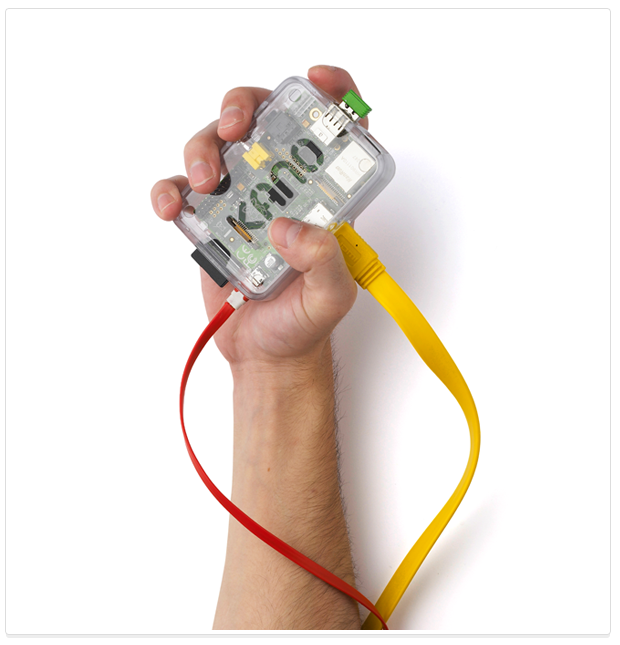If last year’s inaugural All Things Open (ATO) conference in Raleigh was primarily an event for developers and admins, that’ll be even more true when ATO II cranks up on October 22 at the Raleigh Convention Center. At least that’s how it appears when scanning the tentative schedule posted on the ATO website. There’s also much on tap for management types, but the main focus is on developers and system administrators.
At first glance, it might look as if there’s very little for what blogger Gary Newell calls the Everyday Linux User, those who have adopted free software at home or in a mom and pop business. To my eyes, there is barely enough — but that still qualifies as enough.
That might change. The schedule is still tentative and very much in flux. There are no descriptions of the presentations posted yet and there were still a few slots that remain unfilled, presumably waiting on schedule confirmations. However, the presentations’ names are usually descriptive enough and there are bios of all speakers, making it easy enough to get some sort of idea of what to expect.
Christine Hall has been a journalist since 1971. In 2001, she began writing a weekly consumer computer column and started covering Linux and FOSS in 2002 after making the switch to GNU/Linux. Follow her on Twitter: @BrideOfLinux



 Jaimee is a bright young lady. She attends a magnet school for the gifted and accelerated students in the Dallas/Fort Worth area. She lives with her aunt during the school year and comes home to her family during the summer months. She will be a senior this coming school year and she is focusing on a career in physics. The entrance exam for this magnet school is brutal.Think of it as SATs on steroids. And this is just the high school.
Jaimee is a bright young lady. She attends a magnet school for the gifted and accelerated students in the Dallas/Fort Worth area. She lives with her aunt during the school year and comes home to her family during the summer months. She will be a senior this coming school year and she is focusing on a career in physics. The entrance exam for this magnet school is brutal.Think of it as SATs on steroids. And this is just the high school.



 It appears that the police in Tallahassee, Florida have been busy tracking folks by their cell phones without bothering to show up before a judge and ask for a warrant. Why would they violate the constitutional rights of their citizens this way? Evidently because they were using technology on loan and had signed a non-disclosure agreement.
It appears that the police in Tallahassee, Florida have been busy tracking folks by their cell phones without bothering to show up before a judge and ask for a warrant. Why would they violate the constitutional rights of their citizens this way? Evidently because they were using technology on loan and had signed a non-disclosure agreement.
